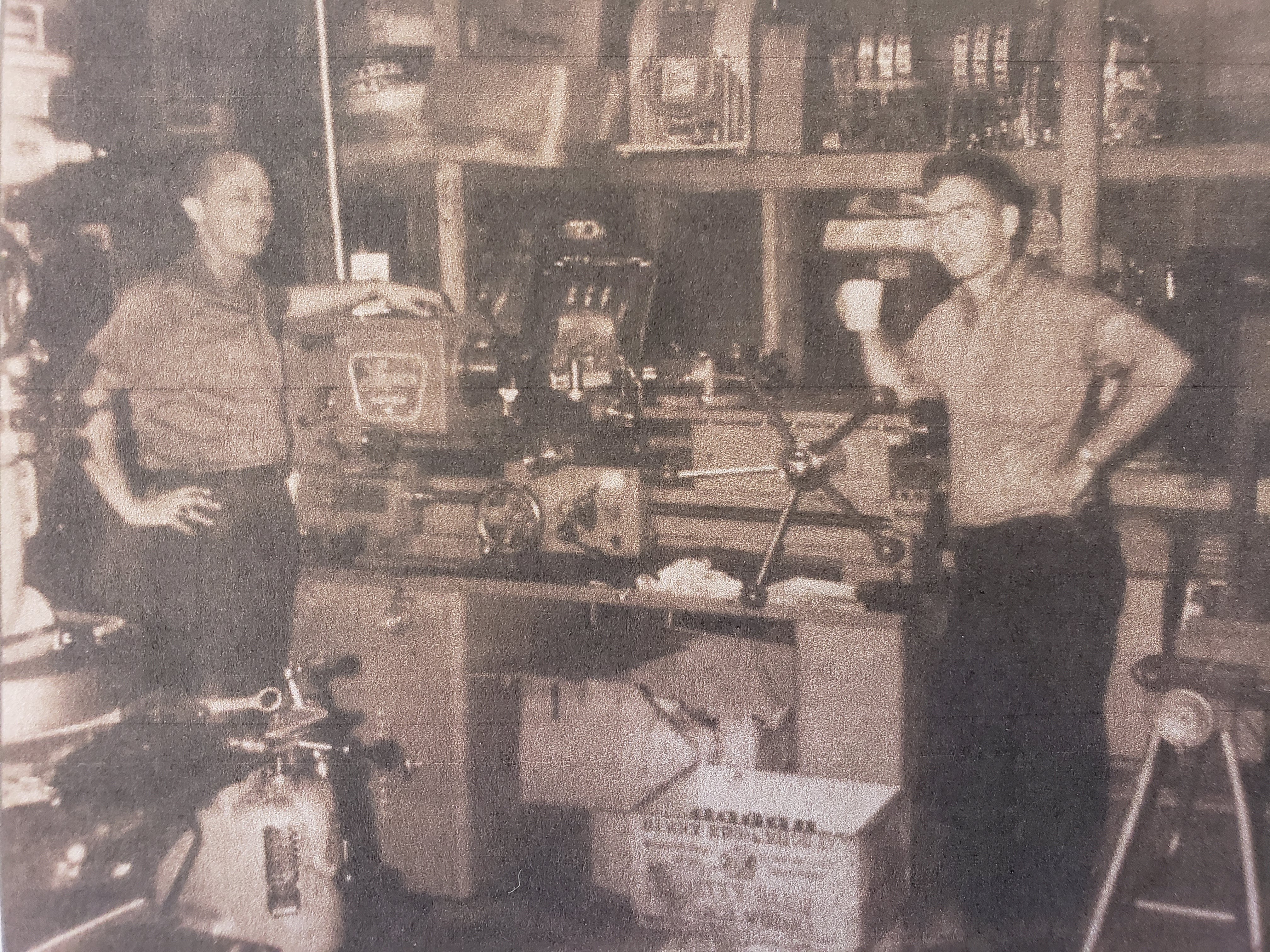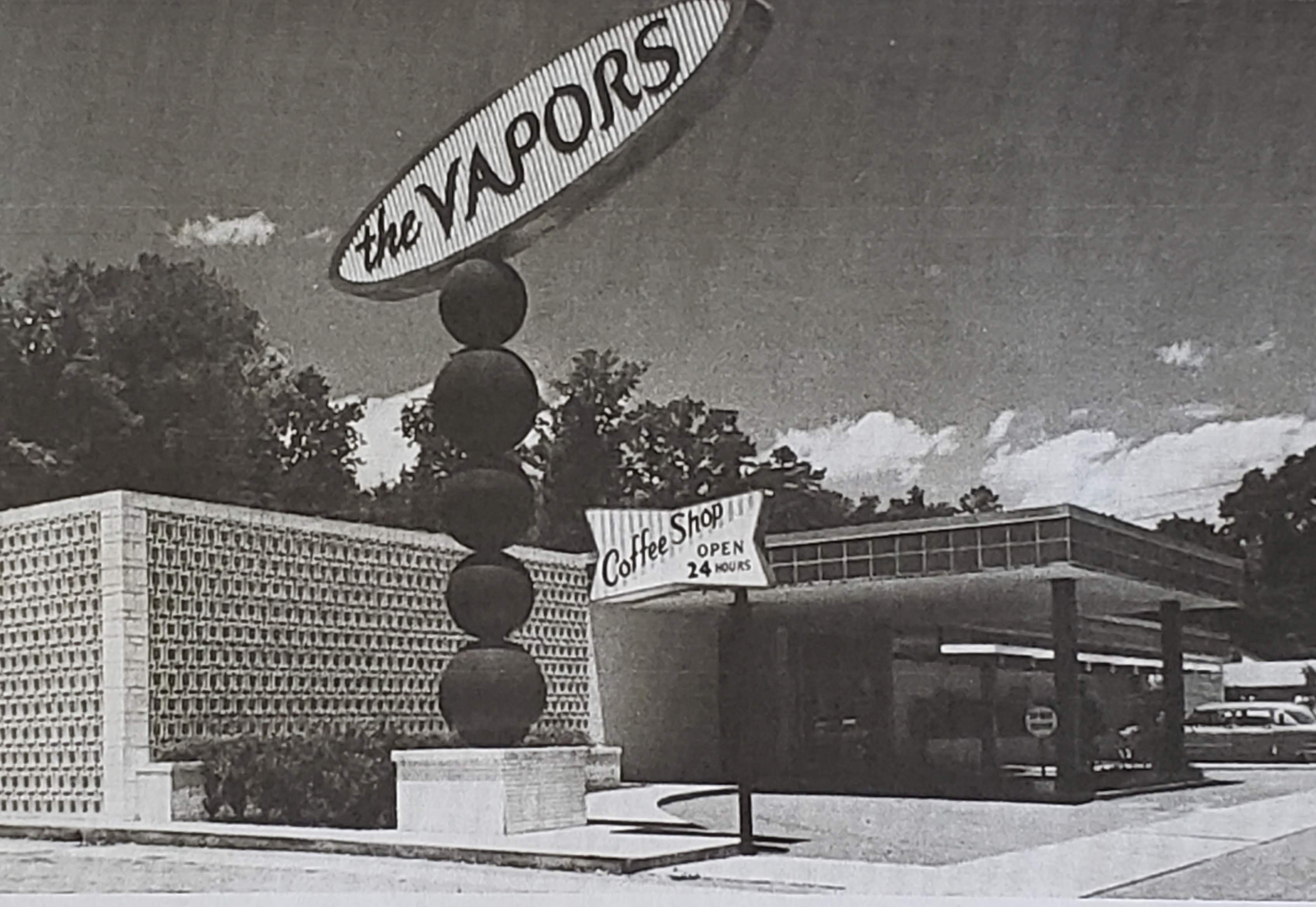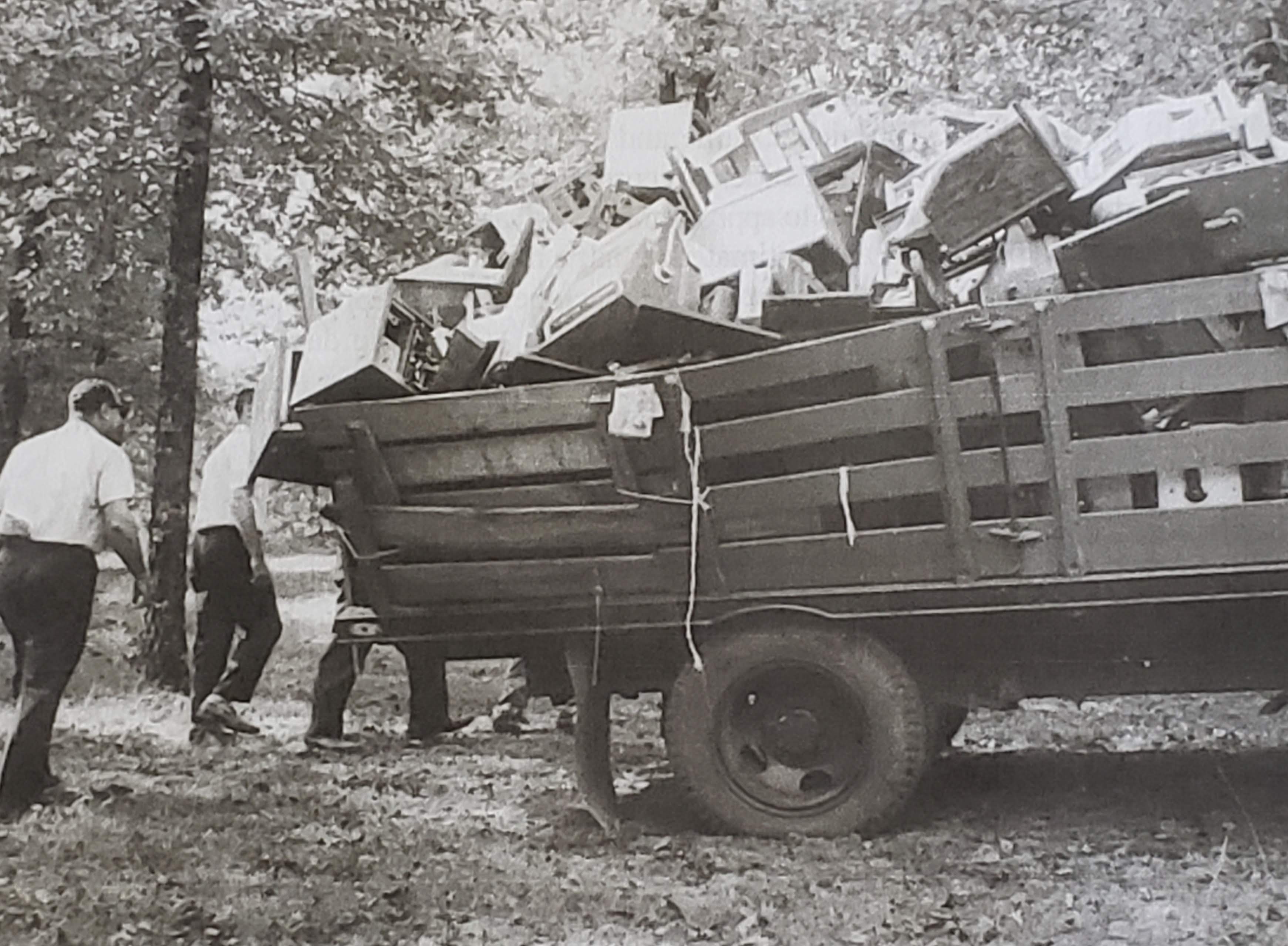HOT SPRINGS, Ark. – The city of Hot Springs has always found a way to heal itself and survive.
During the Civil War it was decimated, looted and ransacked, but it bounced back.
In 1913, the worst fire in Arkansas history destroyed nearly 50 blocks and 1,000 buildings, but it rebuilt, bigger and better.
And while the Great Depression consumed other cities, Hot Springs found a way to stay afloat.
All these years later, it’s still finding ways to survive and grow, all thanks to an activity that has stood the test of time and the political wrangling that came with it.
Up and down Central Avenue in Hot Springs lie hidden stories from years past. You just have to look and listen carefully to find them.
One place you’ll find that hidden gem of a story is at the “History of Hot Springs Gambling Museum”, located next to the Kroger.
Once you enter, you literally take a step back in time and are surrounded by the sights and sounds from the good ‘ole days, when gambling was rampant in the city. Old restored slot machines line the walls. Roulette and craps tables are everywhere, along with photos, dice, cards and a ton of stories, just waiting to be told.
Hidden in the back is a small workshop along with the rare sounds of spinning wheels, tools clanging on tables and of course, the occasional jackpot.
This is Toni Frazier’s home away from home. I ask the 80-year-old if pulling the one-armed bandit he’s working on brings back a lot of memories. He smiles and simply says, “Oh yeah.”

The year was 1960 and the city of Hot Springs was full of life. It was a good time for most, but not for Frazier who was 21 years old. He was out of work and in need of a job. One day while walking up Central Ave., he got a lead on a job that would forever change his life.
“Couple of policemen come by and ask me if I wanted a job and told me where there was an opening for a slot machine mechanic,” says Frazier.
I look at him in disbelief because gambling was illegal at that time.
The next day, Frazier was hired and started working at Spa Amusement and never looked back.
“We had machines in the Vapor, the Belvedere and a bunch of clubs all over the city and the county,” he recalls.

The streets of downtown Hot Springs are packed and so are the nightclubs and casinos.
“People from all parts of the country came. Anybody who was anybody traveled to Hot Springs,” said Dr. Wendy Richter, state historian, and director of the Arkansas State Archives.
She estimates at least two million people visited the city annually, all of them coming to enjoy the thermal baths, the entertainment and of course, the illegal gambling.
“It was great! Everybody enjoyed it,” says Frazier.
City and state officials loved it too. With gambling out in the open, the city found a way to cash in on it. They passed an ordinance that taxed gambling and liquor operations. Those running the illegal operations paid a “privilege” fee according to Frazier who showed me several receipts from the early and mid-’60s.
“You paid the city every month. You paid them $10 for each machine.”
I ask him if that payment was for city, state and law enforcement officials to look the other way.
He laughed and tells me, “Well, they didn’t look the other way. They looked right at it.”
Governor Orval Eugene Faubus was one of them, but he refused to intervene calling it a city matter. But the illegal gambling didn’t sit well with others, especially on moral grounds.
Richter says, “People really became more vocal about why is Hot Springs able to get away this? What’s going on? Why isn’t someone doing something about it?”
In 1964, somebody finally did. The illegal activities in the Spa City were getting a lot of attention. Not just in the state of Arkansas, but nationally, including the FBI and the Justice Department.
Richter says it was a turning point for the city.
“It just started a downhill slide for the gambling,” says Richter.
In February of 1964, two agents were sent to Hot Springs to investigate. That night, they visited a few of the casinos and then told the agent who was with them they had seen enough and to schedule a news conference for the next day. The headlines called it “The Largest Illegal Gambling Operation in the Country.”
Frazier remembers what happened next.
“They decided they wanted it closed… and they closed it,” Frazier recalls.
Over the next three years, state police would crack down on Hot Springs, hauling away slots by the truckloads, including several Frazier built.
I ask them what state police did with them.
He shakes his head and says, “They took them out behind Magic Springs up on the side of the mountain, dug a hole with a bulldozer, dumped them in that hole and poured diesel on them and set them on fire.”

Federal officials threatened state and city leaders to enforce local laws as it pertained to illegal gambling and they listened this time.
By 1967, the city’s luck had finally run out.
But Hot Springs knows how to survive and heal. Just head down to Central Avenue during the racing season and listen. In the distance, you’ll hear the horses flying out of their gates. You’ll hear people screaming and cheering for their horse to come in first. Step inside the Oaklawn Casino and you’ll hear and see all the bells and whistles of modern video “games of chance.” Gambling is back, and so is the city of Hot Springs, thanks in large part to Oaklawn itself.

Late last year, Oaklawn announced one of the largest hospitality investments in the history of the state, a $100 million dollar expansion project that will include a seven-story, 200-room hotel that overlooks the track. It will also include a 14,000 square foot multi-purpose event center for concerts, meetings, and other events.
And then there is the expansion of the casino itself. Get ready for an additional 28,000 square feet of gaming space.
Construction has already started and its expected to be completed in 2020.
And let us not forget about Issue 4, which voters approved last year. It allows casinos in four counties, including Oaklawn, to be able to offer sports wagering to customers. How much that might generate for the city and the state is unknown. The rules and regulations are still being ironed out and once they are, they still need the stamp of approval from the Racing Commission.
According to Eric Jackson, V.P. of Oaklawn Racing and Gaming, sports wagering could be up and running as early as April. It’s fair to say that the days of being called “Ghostlawn” are long gone!
The city is all in, Oaklawn is all in, and so is Frazier.
The only question left to be answered is… will Lady Luck stick around this time for good? Everyone seems to be betting on it.
Click here to learn more about the “History of Hot Springs Gambling Museum”.
Click here to learn more about the Oaklawn Expansion Project.
The Director of Oaklawn Anywhere, David Longinotti, says “Hot Springs is getting back into the swing of things”.
Longinotti says in 2018, 23 businesses opened in downtown Hot Springs.
Click the video below to watch Longinotti’s response.


















